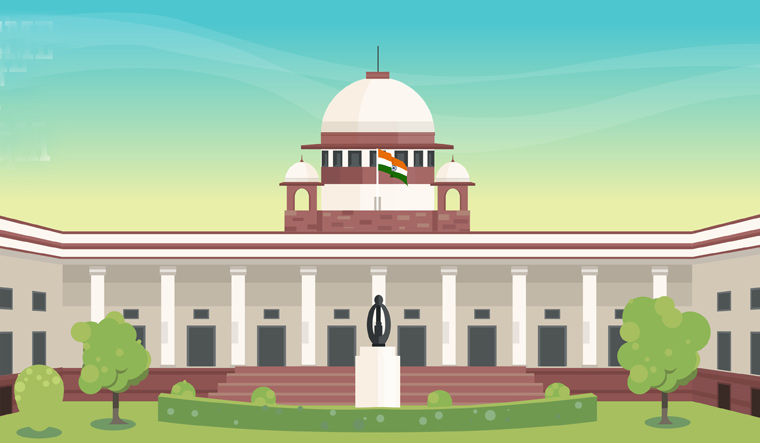
In the context of higher education in a federal nation like India, recent rulings by the Supreme Court of India on the appointment of vice chancellors (VC) in State universities in violation of the University Grants Commission’s (UGC) regulations are significant.
Legal and constitutional issues with judgement?
- UGC regulations vs. state university Act: In all of these judgments, the Supreme Court has framed the question of whether the State University Act’s requirements or the UGC Regulations should be followed for appointing vice chancellors.
- Education concurrent list, state and federal government may pass legislation: Since education is listed as a concurrent topic, this issue needs to be taken seriously. A VC is chosen by the Chancellor in accordance with the applicable University Act, but the Supreme Court invoked Article 254 of the Constitution to decide that if a State law’s provisions conflict with those of the Union law, the State law is null and void.
- State statute deemed invalid for violating UGC: In the aforementioned cases, the top court determined that because the search committee only proposed one person for the appointment of the VC, contrary to the UGC Regulations, which call for three to five names, the State law provision is invalid.
- State legislation was subordinated to administrative regulations: In light of this, the Court has determined that the UGC Regulations will take precedence over any State university law provisions that are contrary to them, rendering the former invalid. Thus, on the one hand, we have laws passed by legislatures, and on the other, rules created by inferior bodies like the UGC.
Expert Opinion
- State laws are overruled by a parliamentary act: A close reading of Article 254 reveals that it refers to both a state legislation and a substantive law passed by Parliament when it comes to repugnancy. It implies that laws, rules, etc. are not included. While the substantive legislation is created by the superior authority, in this case the Parliament, rules and regulations are formed by subordinate authorities, in this case the UGC.
- State laws do not take precedence over UGC rules: Only the differences between the University Acts’ clauses and the UGC Act’s provisions can be offensive; not the UGC’s regulations.
- UGC regulations fall short of state assembly standards: Despite being laid in Parliament, the subordinate authority’s rules and regulations do not follow the same procedure as laws. Normally, Parliament does not need to approve of these. In comparison to an Act, rules and regulations have a lower status. One cannot infer that the Constitution equates the Act with the regulations.
- Regulations are not included in Article 254: The term “law” is not generally defined in the Constitution. Only that Article is covered by the broad definition of law provided in Article 13(2). Since it does not apply to other Articles, for the purposes of Article 254, the term “law” does not include rules, regulations, etc.
- Federal principles are violated and the concurrent legislative authority given to the State by the Constitution is negated when regulations imposed by a subordinate authority of the Union supersede a statute passed by a state legislature.
- UGC guidelines are Not covered under the UGC Act Since none of the UGC Act’s primary provisions address the appointment of VCs, the UGC Regulations governing their appointment fall outside the purview of those provisions.
@the-end
The next contentious chapter in ties between the Center and the State has begun with the vice-chancellor appointment issue. The Supreme Court’s ruling has further complicated the situation rather than making it clearer. In order to maintain good ties between the Center and the States, the Supreme Court must examine the judgments.
Source—https://www.aserf.org.in/presentations/vcpaper.pdf
